
The visa policy of the Schengen Area is a component within the wider area of freedom, security and justice policy of the European Union. It applies to the Schengen Area and to other EU member states except Ireland. The visa policy allows nationals of certain countries to enter the Schengen Area via air, land or sea without a visa for up to 90 days within any 180-day period. Nationals of certain other countries are required to have a visa to enter and, in some cases, transit through the Schengen area.

The Surinamese passport is issued to citizens of Suriname for international travel. The passport is a Caricom passport as Suriname is a member of the Caribbean Community.

The Government of the Macau Special Administrative Region allows citizens of specific countries/territories to travel to Macau for tourism or business purposes for periods ranging from 14 to 180 days without having to obtain a visa. For other entry purposes, such as establishing residence on a long-term basis, a different policy applies.

Visitors to Armenia must obtain a visa from one of the Armenian diplomatic missions unless they are citizens of one of the visa-exempt countries, or citizens who may obtain a visa on arrival, or citizens eligible for an e-Visa. Citizens of the Commonwealth of Independent States and citizens of all Eurasian Economic Union and European Union member states may enter Armenia without a visa.

Visitors to Montenegro must obtain a visa from one of the Montenegrin diplomatic missions, unless they come from one of the visa exempt countries. Visa policy is regulated by Regulation on Visa Regime Act. Where there are no diplomatic or consular representations of Montenegro, visa requiring foreigners may obtain them from diplomatic or consular representations of Serbia, Bulgaria and Croatia.

Visitors to North Macedonia must obtain a visa from one of the North Macedonia diplomatic missions, unless they come from one of the visa exempt countries.

The visa policy of Albania allows citizens of certain countries to enter the Albania without a visa. Citizens of certain other countries must obtain a visa from one of the Albanian diplomatic missions. Alternatively, they may obtain an e-Visa.

Visitors to Bosnia and Herzegovina must obtain a visa from one of the Bosnia and Herzegovina diplomatic missions, unless they come from one of the visa exempt countries.

The visa policy of Turkey deals with the requirements that a foreign national wishing to enter Turkey must meet to be permitted to travel to, enter and remain in the country.

The visa policy of the Kingdom of Bhutan is strictly regulated under the policy "High Value, Low Volume" Tourism, in order to minimize the effect on the country's unique society and environment. Bhutanese policy ensures that only an acceptable number of tourists enter the country at a time, preventing the country from being overwhelmed by mass tourism and consequently changing its character, and that tourists who do arrive get the best experience and value from their visit.
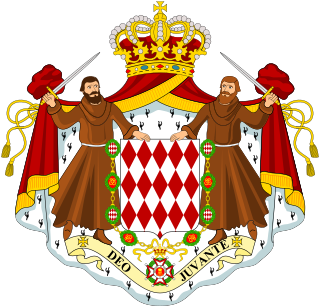
Monaco does not have a visa policy of its own and the Schengen Visa policy applies. Although Monaco is not part of the European Union, or the Schengen Agreement, its territory is part of the Schengen Area by virtue of its customs Union with France as a result of the "Convention on Good Neighbourly Relations of 18 May 1963 on the entry, stay and establishment of foreigners in Monaco" between France and Monaco. The 1963 convention was adapted to allow Monaco to be administered within the Schengen Area as if it were part of France.
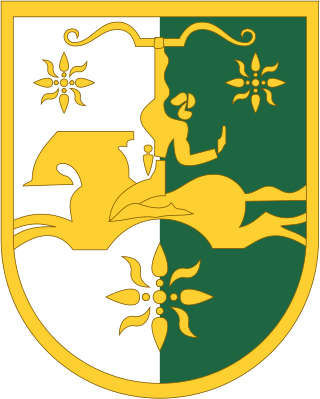
Visitors to the Republic of Abkhazia must obtain an entry permit unless they are citizens of one of the visa-exempt countries.
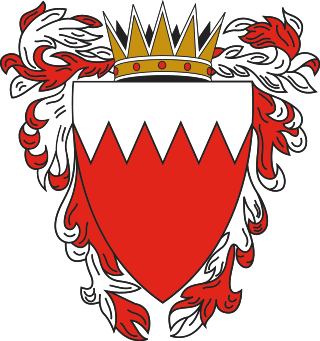
Most visitors to Bahrain may obtain a visa on arrival or an e-Visa before traveling.
Visitors to Artsakh had to obtain a visa, unless they came from one of the visa exempt countries.

Transnistria does not require foreign citizens to obtain a visa; however, foreign citizens need to obtain and fill out a migration card. The validity period is 45 days with the possibility of extension for a period not exceeding 3 years. In addition, citizens belonging to the members of the Community for Democracy and Rights of Nations may also visit Transnistria without a visa. Foreign citizens may enter using an internal passport or an ID card in lieu of a passport.

South Ossetia does not issue visas. However, visitors are required to receive approval from the South Ossetian government in advance of their visit unless they are citizens of exempt country. South Ossetia may only be entered through Russia. Visitors are required to hold a valid Russian visa that permits them to return to Russia unless they are Russian citizens or citizens of countries that are exempt from Russian visa requirements.

Visitors to the Gambia must obtain a visa from one of the Gambian diplomatic missions, unless they come from one of the visa exempt countries.

The visa policy of Somaliland dictates the use and acquisition of visas in Somaliland. In accordance with the law, citizens of all countries require a visa to visit Somaliland.
Somaliland and Somalia have completely different visa policies and Somaliland authorities do not recognize national visas issued by Somalia.
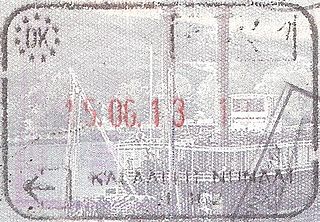
The visa policy of Greenland consists of the requirements for foreign nationals to enter and remain in Greenland.
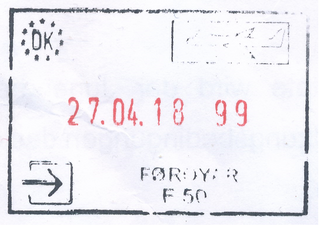
The Faroe Islands are an autonomous territory of the Kingdom of Denmark. Nationals of Nordic countries are free to enter, reside and work in the Faroe Islands, and nationals of other countries exempt from visas for short stays in the Schengen Area may also visit the Faroe Islands without a visa. In addition, travel between the Faroe Islands and the Schengen Area is not subject to document checks.
This page is based on this
Wikipedia article Text is available under the
CC BY-SA 4.0 license; additional terms may apply.
Images, videos and audio are available under their respective licenses.


















